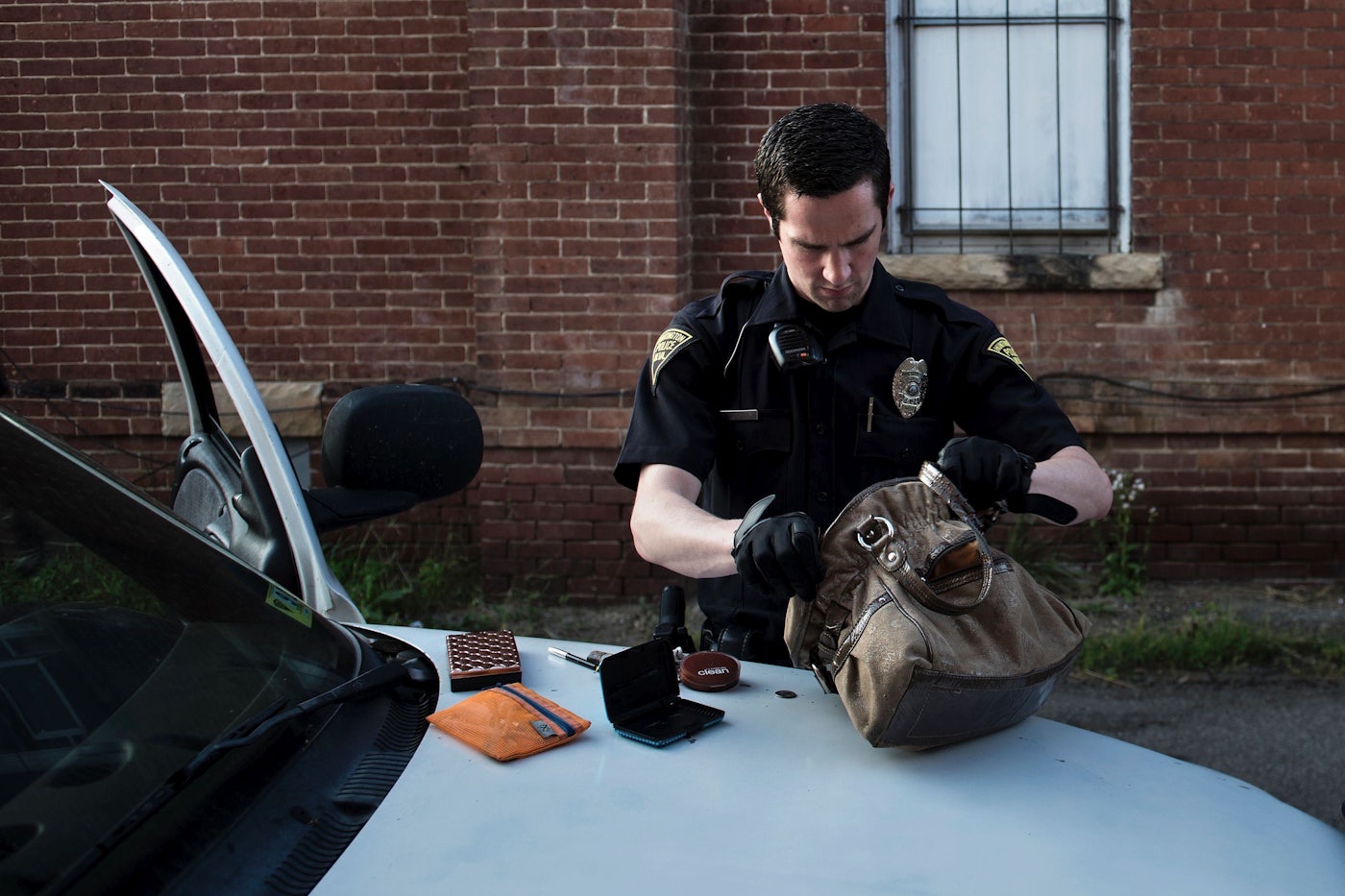
Great article by of Curbed describes how the Ninth Circuit’s Martin v. City of Boise, held that city law enforcement cannot criminalize homelessness . They cannot arrest or punish people for sleeping on public property unless they provide adequate and relatively accessible indoor accommodations.
BACKGROUND FACTS
The Martin case, which originated in 2009 when six residents sued the city, argued that laws against sleeping in public and qualifying that action as Disorderly Conduct were unconstitutional, specifically discussed reasonable and accessible spots for everyone. That means having beds accessible for the disabled and for pregnant women and families. An important argument in the Martin case concerned faith-based services that required those staying there to pray in a certain manner. Judges declared spots that coerced religious observation were not accessible to all.
The April 1 decision by the Ninth Circuit Court of Appeals, which covers nine states in the western U.S. including California and Washington, rejects a petition to challenge a September ruling on the case. The 2-1 decision by a panel of three judges means that the earlier decision by the court stands, an affirmation of the theory that criminalizing people for camping of sleeping in public without any place to go is illegal.
“The government cannot criminalize indigent, homeless people for sleeping outdoors, on public property, on the false premise they had a choice in the matter.”
~Ninth Circuit Court of Appeals
The ruling means unless there is enough shelter space for the homeless population of a city such as Seattle or San Francisco, city officials can’t enforce anti-vagrancy laws or prohibitions against camping in public parks or sidewalks. The court can’t force cities to build adequate shelter space or homeless housing, but it can make it unconstitutional for them to criminalize homelessness until that burden has been met.
Reporter Patrick Sisson wrote that Eve Garrow, a homelessness policy analyst and advocate for the American Civil Liberties Union (ACLU), expects that advocacy groups such as her own will soon engage in proactive public education campaigns to ensure municipalities are aware of the Martin decision and the group’s interpretation of the court ruling.
“I do believe if cities and counties continue to enforce in a way that’s now clearly unconstitutional, advocacy organizations will engage in litigation to protect the civil rights of these people,” she says.
The legal reasoning grew out of an interpretation of the Eighth Amendment and its prohibition on cruel and unusual punishment, according to Ms. Garrow.
“You’re criminalizing someone for behavior that’s unavoidable,” she says. “Everyone has to sleep.” In effect, she says, municipal laws that ban sleeping in public are making it illegal to be poor.
Steve Berg, vice president of programs and policy for the National Alliance to End Homelessness, says the decision has gotten a lot of attention, and will hopefully accelerate the movement towards more supportive housing and services.
“There are still too many people in local governments who think the right answer to homelessness is arresting people,” he says.
Good decision, Ninth Circuit.
Please contact my office if you, a friend or family member are charged with a crime. Hiring an effective and competent defense attorney is the first and best step toward justice.















